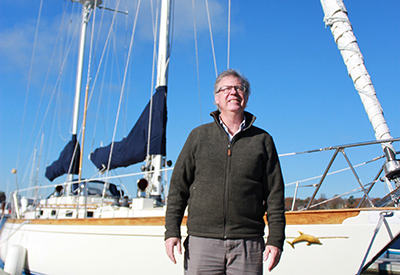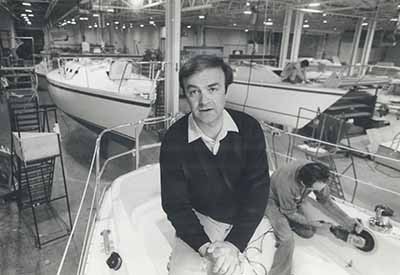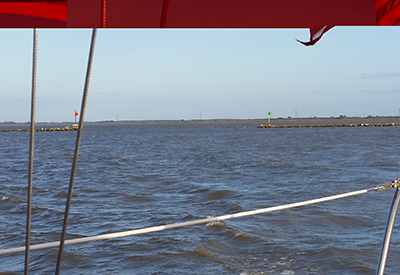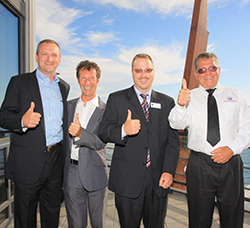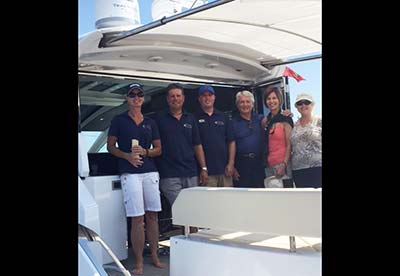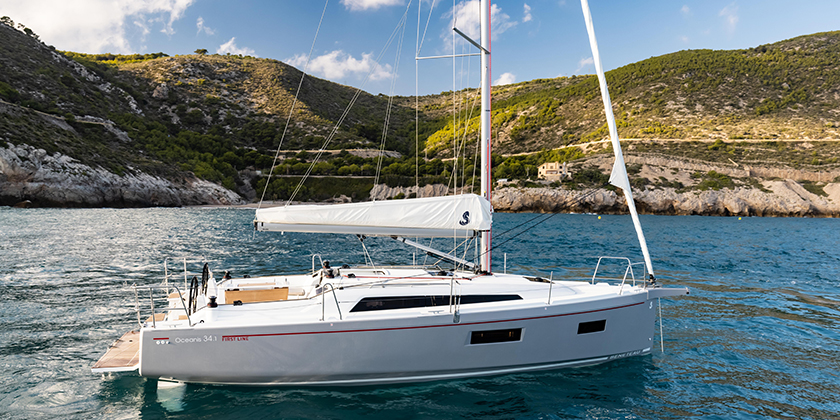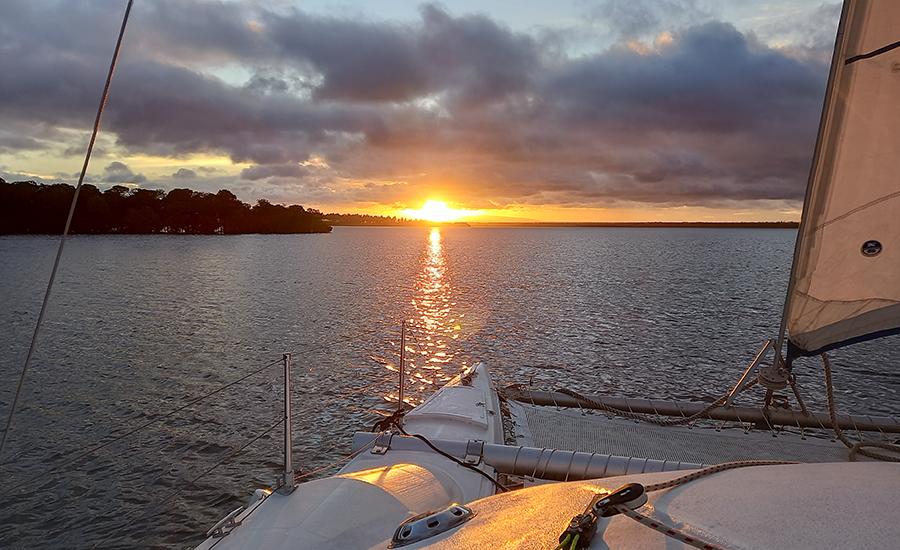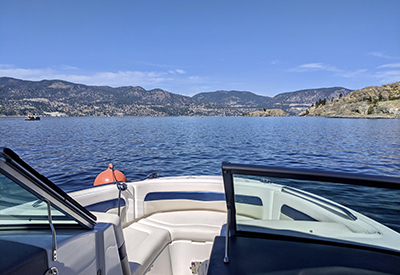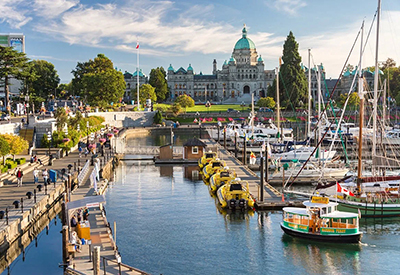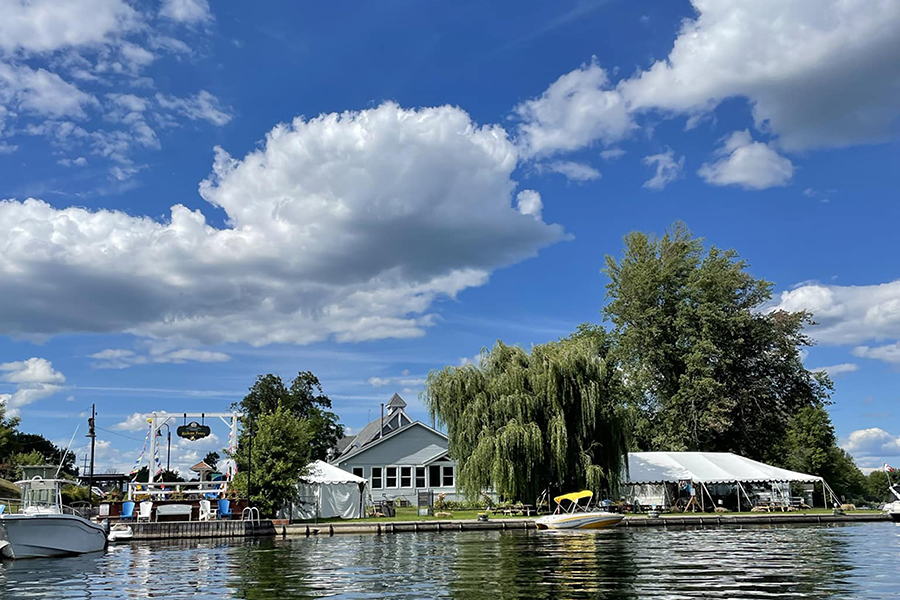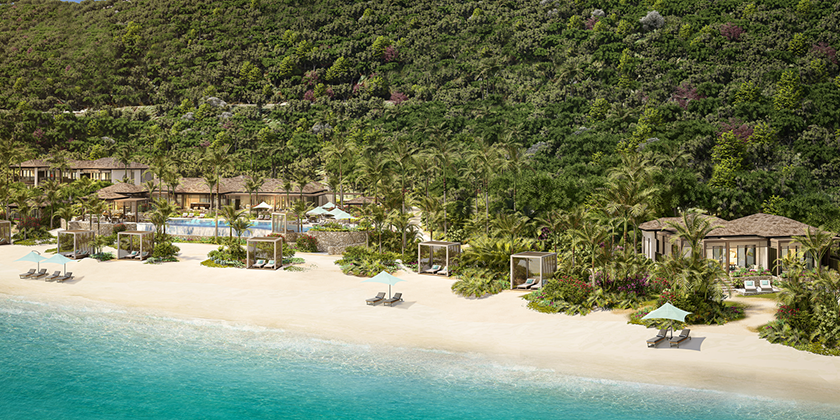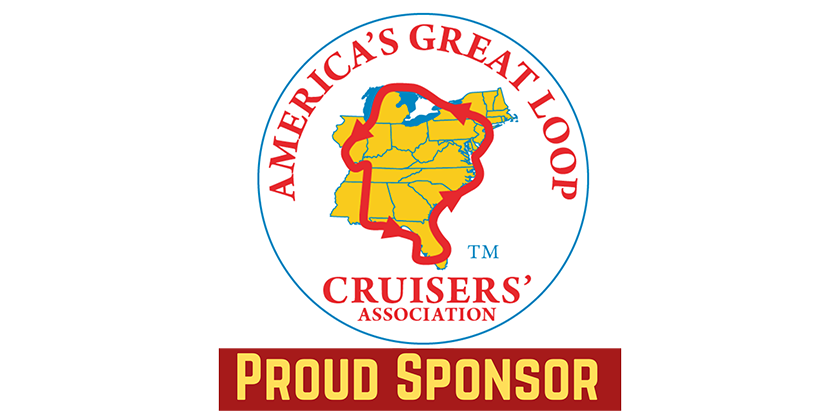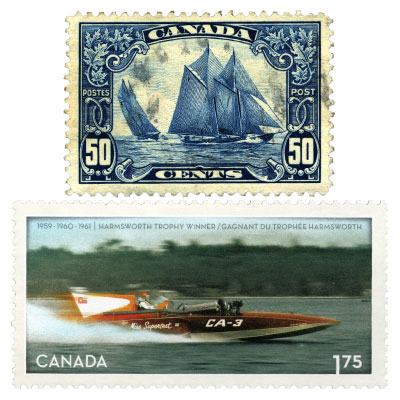Kingston Marine Museum Hopes To Stay Afloat
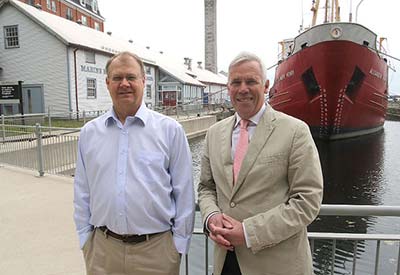
Long before Kingston Penitentiary was closed down by the federal government, its fate left swinging in the winds off Lake Ontario, there was the sad tale of the Marine Museum of the Great Lakes.
It, too, is prime waterfront property that is owned — and unwanted — by our Ottawa leaders.
It also has a significant contamination problem, the extent of which is not fully known except to Ottawa’s bureaucrats.
And while the asking price for the museum is low, it needs about $20 million in remediation work to make it safe, as well as useable.
The dogged directors of the Marine Museum of the Great Lakes are again taking a run at securing a future for this local and national historic treasure.
This time, they are trying to assemble a public-private arrangement that would enable them to purchase the historic buildings and property, keep the museum operating, and revive the dream of having cruise ships and naval ships tying up at Kingston’s shores.
The first step is not to purchase the property but to buy time from the federal department of public works, which is divesting itself of numerous other significant properties across Canada.
The marine museum lease expires at the end of this year.
“I’m hopeful over the next 18 months we put a deal together,” said Christopher West, chairman of the museum’s board of directors.
“Public works made it really clear to us last fall that they would be pressuring the city to buy the site or it would be put on the market.”
On Tuesday evening, the city responded.
Councillors accepted a report from commissioner Cynthia Beach recommending that Kingston not purchase the museum.
The reason: It’s a bad deal.
The cost of fixing it, and the unwillingness of the federal government to help pay some of those renovation bills, makes the deal a non-starter.
There was one amendment to the report prior to it being adopted by council.
Councillor Dorothy Hector suggested that, even though the city wasn’t going to invest actual dollars in the museum, city staff could be available to assist the museum people with information for their negotiations with Ottawa.
The present city council, its mandate ticking down to this October’s municipal elections, clearly has no intention of playing the role of white knight.
“We are not going to be purchasing that property,” Hector told the Whig-Standard two days later. “I think the marine museum is extremely important to the city’s collection of museums. It’s a national historic site and the owner is the federal government. I think the federal government can do better on many files. I wish they would do better — especially on this one.”
The museum board’s plans include maintaining the museum, fixing the historic drydock (the cornerstone of which was laid in 1890 by Sir John A. Macdonald) and restoring the wharves with their deep moorage capabilities.
“At least half a dozen cruise lines would like to come into Kingston,” said West.
The key to economic self-sufficiency would be a “mixed real estate development” on the land — the private part of the partnership.
It just so happened that museum officials had a meeting with their public works counterparts on Wednesday, the day after the council decision.
West said they had some “productive and constructive discussions,” including finding a way for the museum to secure confidential information about contamination on the site.
The city has that information but cannot release it to the museum because of what West described as a “nondisclosure covenant” signed between the city and the federal government.
Continued city involvement will help smooth the way for that information sharing to take place.”I believe they’re going to do their darndest to make it possible for us to get the information to do the costings,” said West.
The affable chairman said he foresees smooth sailing some day for the beleaguered facility, a time when “the museum would be master of its own domain.”
Caption: Marine museum manager Doug Cowie, left, and board of trustees chairman Chris West in front of the museum and the Alexander Henry. (Michael Lea/The Whig-Standard)

